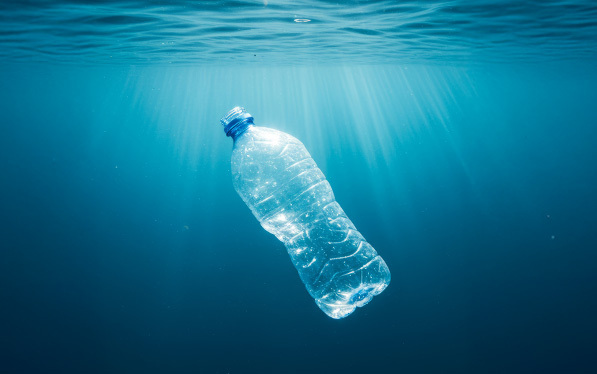There are several misconceptions surrounding the recycling process and its impacts, and separating fact from fiction isn’t always a clear-cut task. However, the more you understand the recycling process and its global impact, the better you can share that knowledge! With all the questions swirling around, one thing is for sure: Recycling can help pave the way towards a more environmentally-friendly future — and that’s good for the world and the economy. So, let’s debunk some myths, shall we? Read on as we review some of the most common recycling misconceptions and discover how Verdeco is leading the way in recycling innovations.
Common Recycling Myths
1). Recycling Doesn’t Make a Big Difference.
On the contrary, recycling makes a powerful, positive difference. By reducing the need for raw, natural materials such as oil and timber, recycling lessens the impact of extraction on the earth. It can also cut down on the carbon emissions needed to harvest these natural materials. If that wasn’t impressive enough, recycling further reduces the amount of waste that ends up in landfills or as litter on the road and in waterways, both of which can be harmful to animals, vegetation, and entire ecosystems. Even the smallest act of recycling can create a powerful ripple effect that makes a big difference for the environment.
2). Waste in Landfills Will Decompose Over Time.
Why recycle if waste will just decompose in a landfill? Well, the problem is that most discarded materials won’t decompose in a landfill. Landfills are not simply holes in the ground that hold trash — they are strategically designed so that the waste is exposed to minimal oxygen and moisture. Because of this, garbage in landfills is simply buried, and breakdown is prevented so groundwater is not contaminated. When materials are recycled, this gives them a chance at another life so that they don’t end up buried in a landfill.
3). Recycled Bottles are Only Made Into New Bottles.
While a recycled plastic bottle may very well become a bottle once again, there are many unexpected ways that bottles can be recycled. Plastic bottles can be recycled into household cleaning packaging, cosmetic jars, personal care packaging, automotive parts, and more. They can also be remade into a variety of household appliances. New bottles are just the start. There’s a world of new possibilities for those recycled bottles once they hit the recycling bin.
4). Recycling Is Difficult.
For the average, everyday recycler, recycling is not a challenging process. Depending on where you live, recycling may require some sorting on your part or maybe a drive to your local waste facility to drop off recycled materials. But that’s as difficult as it gets.
5). Every Product With a Recycling Code Means Is Recyclable.
Just because a product has a recycling code does not mean you should toss it into your curbside recycling bin. The different numbers in the recycling code refer to different types of plastics. Almost all recycling centers will accept recycled codes #1 and #2, and a few may even take #4 and #5. However, for all other recycling code numbers it is best to check locally to see which recycling codes are accepted.
6). Recycling Uses More Energy Than It Saves.
You may have heard that the energy used to recycle reusable materials outweighs the energy saved from extracting natural resources. According to data from the Environmental Protection Agency, almost all recycling processes are less energy intensive than their virgin counterparts. For example, recycling plastic saves about one-third of the energy required to produce plastic from raw materials. When the future of the planet is at stake, saving energy matters.
7). Materials Can Only Be Recycled Once.
False! Most materials can be recycled at least once, and many others can be recycled into new products repeatedly. PET plastic is infinitely recyclable because, if necessary, recycling facilities can use innovative additives to modify the attributes of the material.
Verdeco: Creating a Recycled Future
There’s one more myth that Verdeco is ready to debunk: products made with recycled PET are subpar compared to virgin PET. While this may have been true at one point, we’re proud to report that, thanks to our extensive research and groundbreaking innovations, that it’s not the case any more. In the past, rPET didn’t always meet the standards that companies required, making it a less viable alternative to energy-intensive virgin PET. But now, Verdeco is creating rPET solutions that rival virgin PET in aesthetics, quality, and durability. The future is recycled, and Verdeco is leading the charge.
To learn more about how Verdeco is changing the world, visit verdecorecycling.com.



